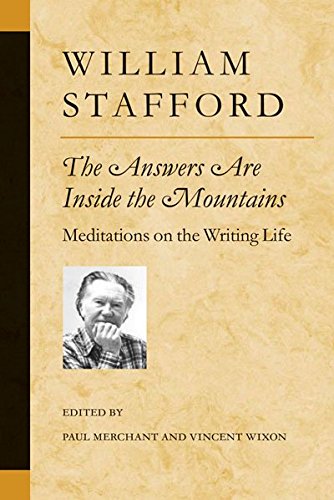What do you think?
Rate this book


Paperback
First published November 25, 2003
A Memorial
In Nagasaki they built a little room
dark and soundproof where you can
go in all alone and close the door and cry.
Find limits that have prevailed and break them; be more brutal, more revealing, more obscene, more violent. Press all limits.
The earth says have a place, be what that place requires; hear the sound the birds imply and see as deep as ridges go behind each other.
Save up little pieces that escape other people. Pick up the gleamings.
We drown in ugliness. Art helps teach us to swim.
Ask Me
Some time when the river is ice ask me
mistakes I have made. Ask me whether
what I have done is my life. Others
have come in their slow way into
my thought, and some have tried to help
or to hurt: ask me what difference
their strongest love or hate has made.
I will listen to what you say.
You and I can turn and look
at the silent river and wait. We know
the current is there, hidden; and there
are comings and goings from miles away
that hold the stillness exactly before us.
What the river says, that is what I say.